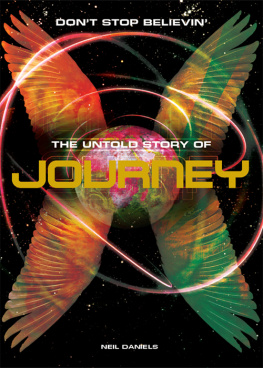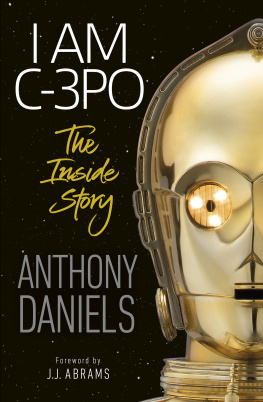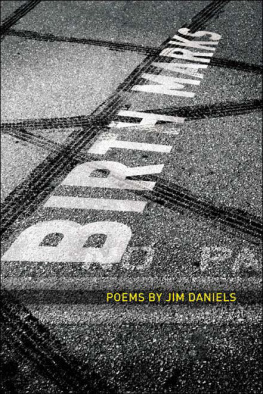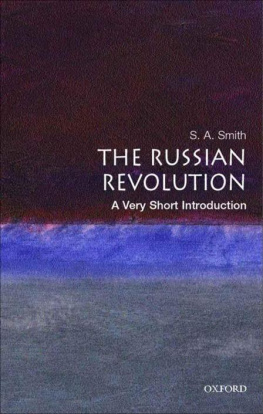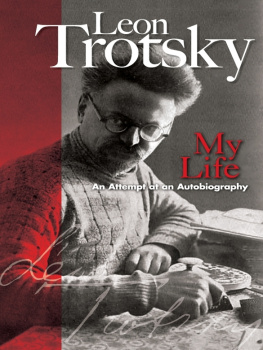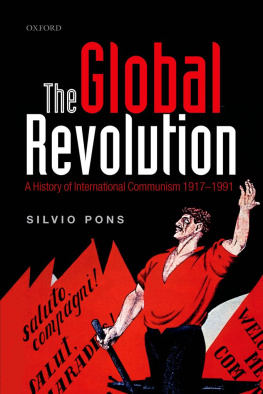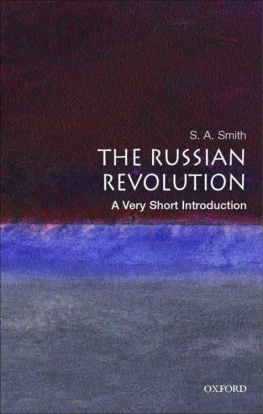The End of the Communist Revolution
This work is both a history of Gorbachevs ill-fated reforms and a systematic interpretation of the entire Soviet experience. Placing perestroika firmly in its long-term historical perspective as the final stage in a broad theory of revolutionary process, Daniels examines the nature of the Soviet system and the reasons for its decline and fall. He shows how the revolutionary regime was transformed into a reactionary despotism dressed up in Marxist language, and how this postrevolutionary dictatorship reached an impasse between maintenance of its power and the requirements and frustrations of a modern society. Within the context of Leninism, Stalinism and Brezhnevism, he puts forward a new explanation of the striking events in the 1980s which led to the downfall of Gorbachev and Communism in the late Soviet Union. Analyzing the whole Soviet experience since 1917, he argues that Gorbachevs reforms did not constitute a new revolution, but a moderate revolutionary revival, with a return to the decentralist, anti-imperialist principles that inspired the original moderate phase of the Russian revolution of 1917.
Emphasizing continuity with the past, Daniels questions conventional views of the future political and economic alternatives in the region. He stresses the developmental forces, not just in the Brezhnev era but in the long historical background, that made fundamental change sooner or later inevitable, and provides an original and integrated interpretation of Soviet history and politics that will appeal to students, specialists, and the general reader.
Robert V.Daniels is Professor Emeritus of History at the University of Vermont and a leading American Sovietologist. His many books include, A Documentary History of Communism, Red October, and Russiathe Roots of Confrontation. He has been on the editorial board of the Journal of Modern History and was President of the American Association for the Advancement of Slavic Studies in 1992.
First published in 1993 by
Routledge
11 New Fetter Lane, London EC4P 4EE
This edition published in the Taylor & Francis e-Library, 2003.
Simultaneously published in the USA and Canada
by Routledge
29 West 35th Street, New York, NY 10001
1993 Robert V.Daniels
All rights reserved. No part of this book may be reprinted or reproduced or utilized in any form or by any electronic, mechanical, or other means, now known or hereafter invented, including photocopying and recording, or in any information storage or retrieval system, without permission in writing from the publishers.
British Library Cataloguing in Publication Data
Daniels, Robert V.
End of the Communist Revolution
I. Title
947.085
Library of Congress Cataloging in Publication Data
Daniels, Robert Vincent.
The end of the Communist revolution/Robert V.Daniels.
p. cm.
Includes bibliographical references and index.
1. CommunismSoviet UnionHistory. 2. Perestroika. 3. Soviet
UnionPolitics and government19851991. I. Title.
HX311.5.D36 1993
320.5320947dc20 9222189
ISBN 0-203-41328-8 Master e-book ISBN
ISBN 0-203-72152-7 (Adobe eReader Format)
ISBN 0-415-06149-0.ISBN 0-415-06150-4 (pbk)
Contents
Preface
Preface
This book is a product of many years of study, teaching, and reflection on matters Soviet. It was brought to a focus by the extraordinary events of 1989 and 1991, as the long-feared Communist dictatorships in the Soviet Union and Eastern Europe finally decayed and collapsed. But as the chapters that follow make clear, my exploration of the context for the end of Communism was long in preparation. The aim of the book is as much to understand that context as to explain the most recent and spectacular changes, whose causes and consequences cannot be properly comprehended apart from this background.
I am indebted to a host of colleagues and predecessors in the field of Soviet studies, whose contribution is but partially reflected where I have cited them in the notes. For support of research underlying this work I am grateful to the John Simon Guggenheim Foundation and to the Kennan Institute of Advanced Russian Studies at the Woodrow Wilson Center for Scholars in the Smithsonian Institution. The International Research and Exchange Board has made it possible for me to visit the Soviet Union periodically, to try to keep abreast of changing conditions and viewpoints there, and the Institute of the History of the USSR in Moscow has been an accommodating and helpful host. My wife, Alice M.Daniels, has not only rendered my yellow pads into a workable typescript, but has subjected the whole manuscript to a rigorous editing. Claire LEnfant of Routledge has been a constant source of valuable comment and encouragement. The staff of the University of Vermont library have helped throughout. Chapter 8 was presented in the Middlebury College Soviet and East European Seminar series, and I am appreciative of the comments made by that lively group.
In transliterating Russian names and terms I have used a modified Library of Congress style except where more familiar forms are established. In references to the Communist era as a whole I have used the terms Russia and USSR or Soviet Union interchangeably; strictly speaking, the Union did not come into existence until 1924. What now to call the republics who formerly belonged to the former Soviet Union has not been conveniently agreed upon. Ex-Soviet republics, or Soviet successor-states may have to do unless or until CIS becomes common currency for the Commonwealth of Independent States.
Robert V.Daniels
Burlington, Vermont
March 1992
Introduction
The year 1991 will go down in history as one of the great turning points, on a par with 1917. The attempted coup in Moscow in August by conservative Communists, the official demise of the Communist Party, the breakup of the Soviet Union into its constituent parts and the resignation of its president on 25 December, added up to a transformation that one might well consider as revolutionary and as worldshaking as the events that led from the fall of Tsar Nicholas II to the establishment of the Bolshevik dictatorship. But the impact of these changes has not generally been matched by profundity in explaining them. Typically commentators both in Russia and in the West have hailed this great upheaval as the failure of a wrong-headed experiment that had been foisted upon the Russians and their associated minority nationalities by a bunch of Utopian fanatics, who only lost their grip and abandoned their global ambitions when their economic underpinnings rotted away. As President George Bush asserted at the United Nations in September 1991, Communism held history captive for years.
This common view reflects gross misunderstanding of what happened not only between 1917 and 1985 but between 1985 and 1991. It will seem presumptuous to tell former Soviet citizens who have lived through all these changes that they do not properly comprehend them, but this may be the necessary task of the outside observer. The collapse of Communism was not a sudden plunge into revolutionary disorder like 1917; it came through step-by-step, cumulative change in the system, unwitting before 1985 and conscious after that date. The transformation was only accelerated and dramatized by the August Coup and its aftermath. This was the point where we might say with Hegel that the quantitative change of reform turned into the qualitative change of revolution.
In many respects we could argue that the most revolutionary moment in this process came not in 1991 but in 1989, and not just in the chain reaction of popular movements that put an end to Communist rule in the former Soviet satellite countries of Eastern Europe. The year 1989 was the turning point for the Soviet Union itself, in the dismantling of one-party totalitarian rule and the first steps to create a working constitutional structure. This year also saw the beginning of the precipitous economic collapse that more than any other circumstance tore away the forms of authority still linking the reformed Soviet realm with its past. But however we measure its timing, this sequence of victorious democratic breakthroughs in the former Communist realm was one of the most extraordinary and, to believers in democratic values, gratifying developments in all of modern history.


